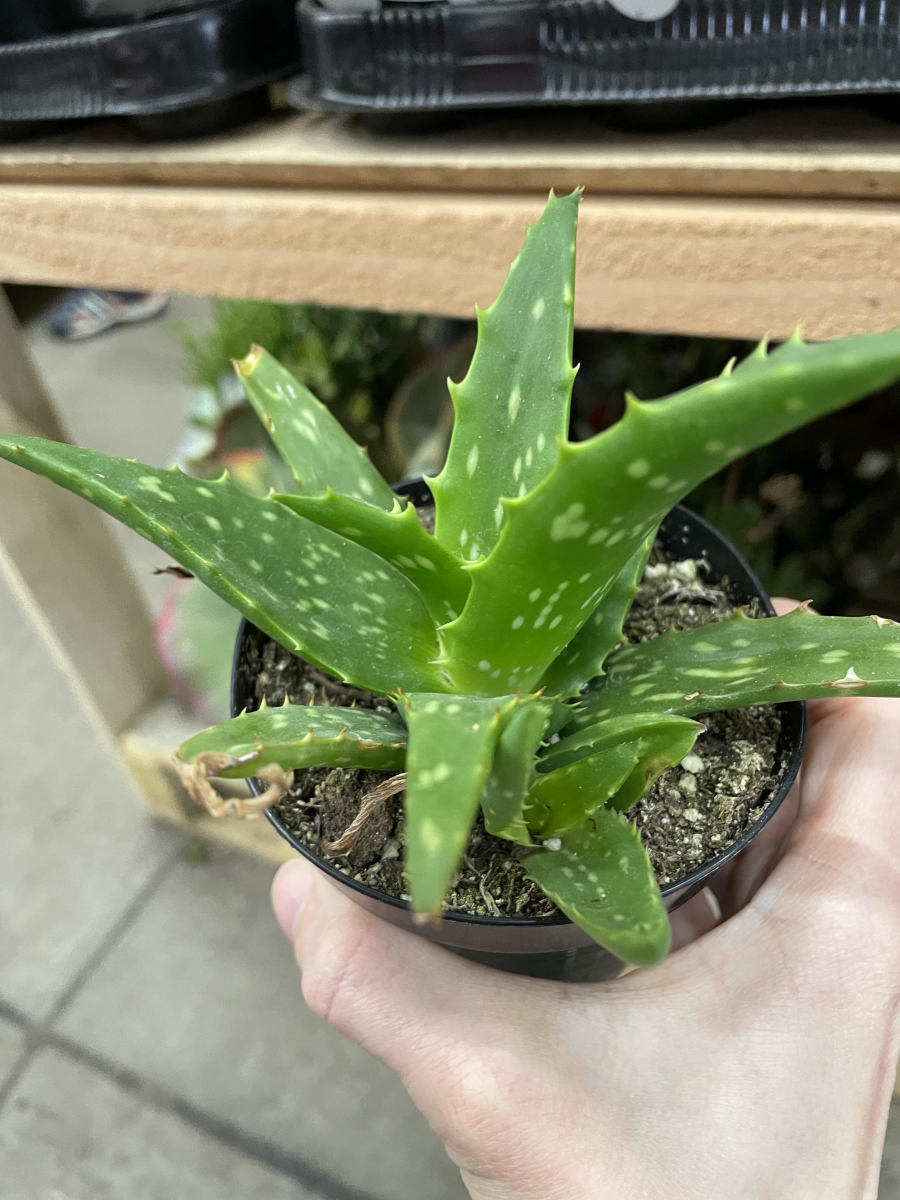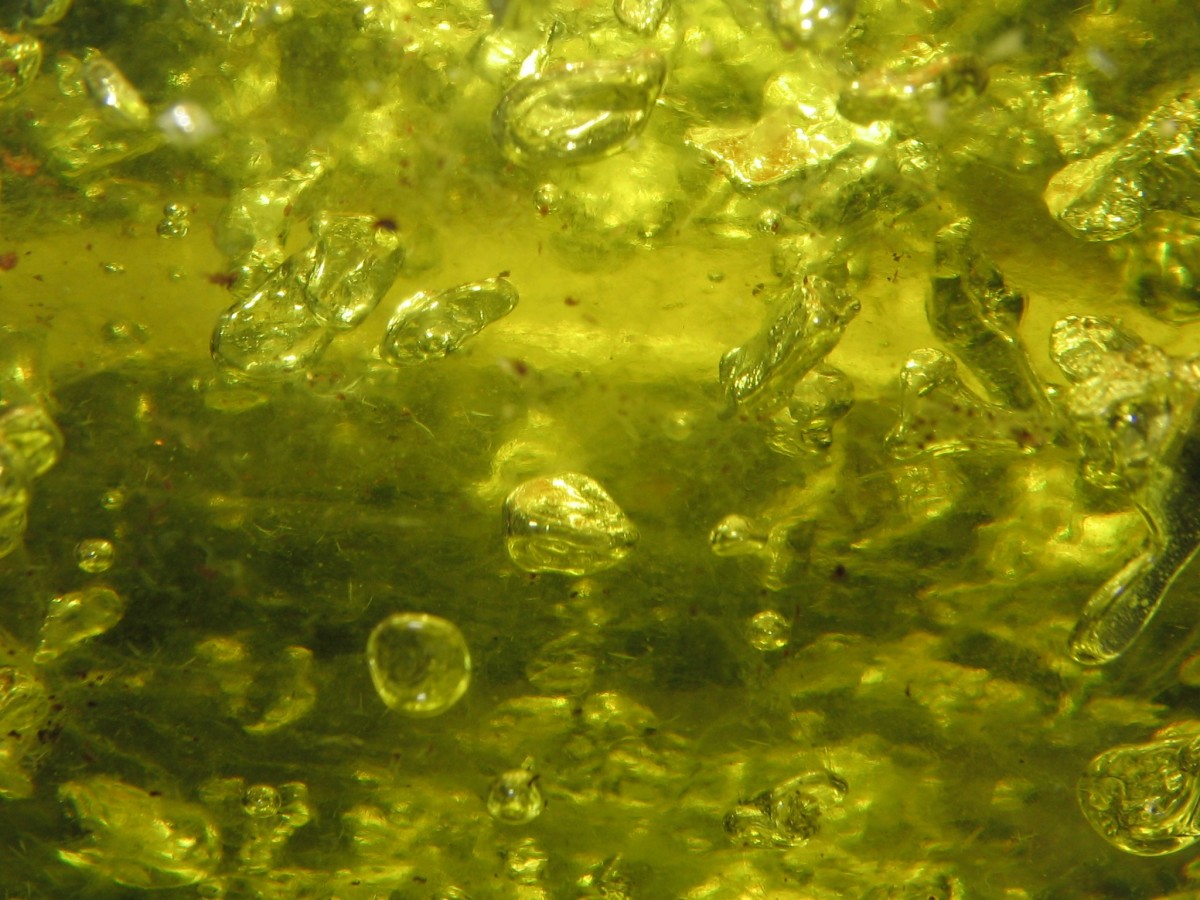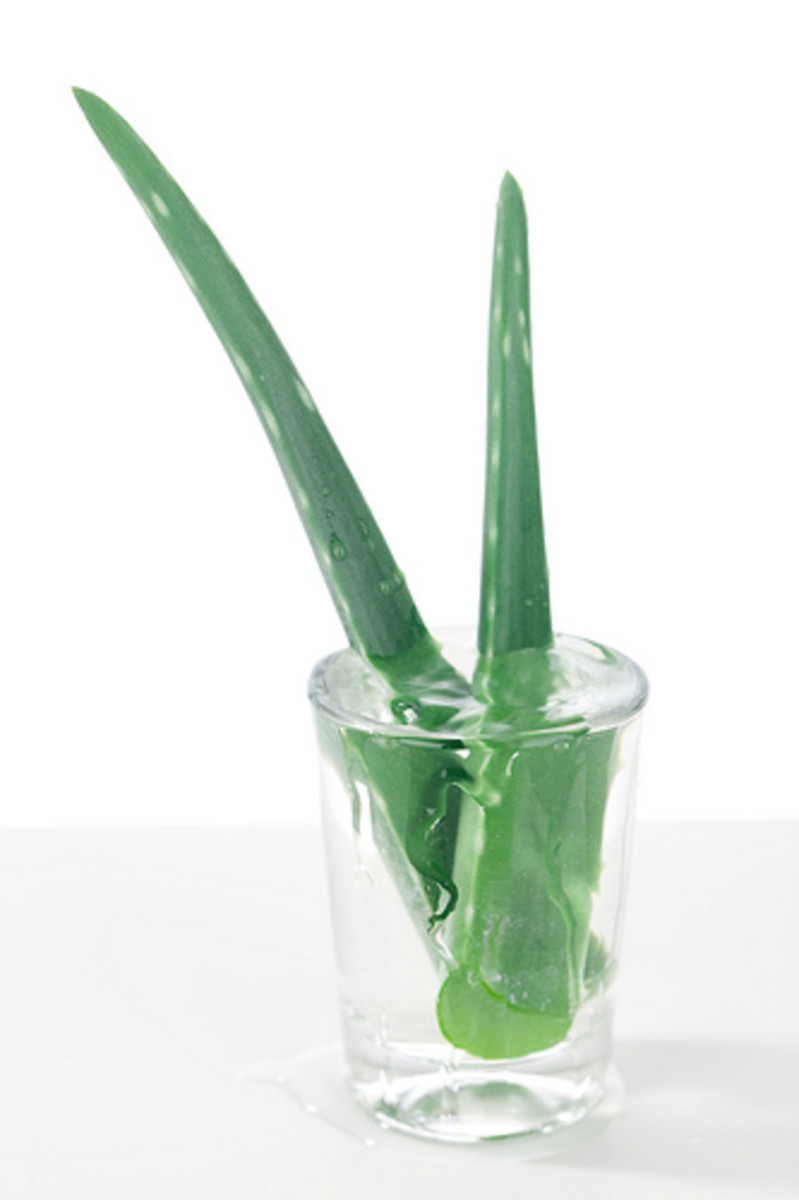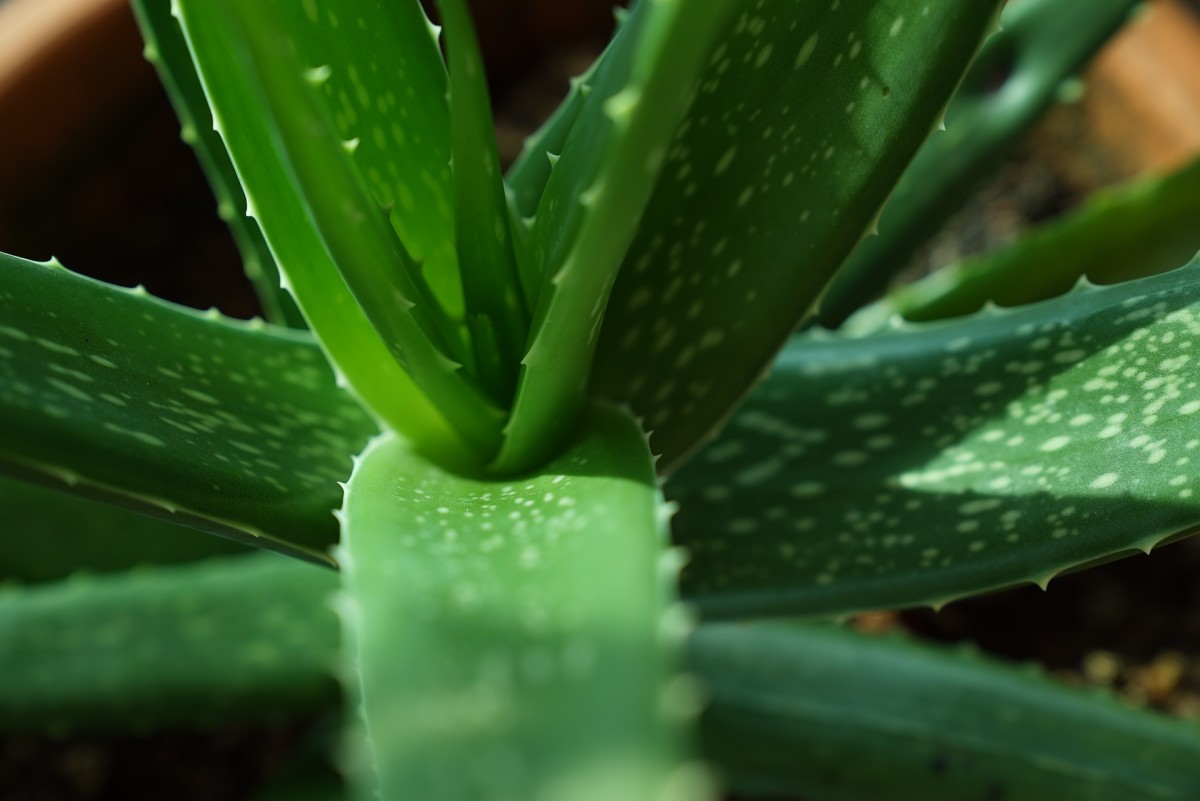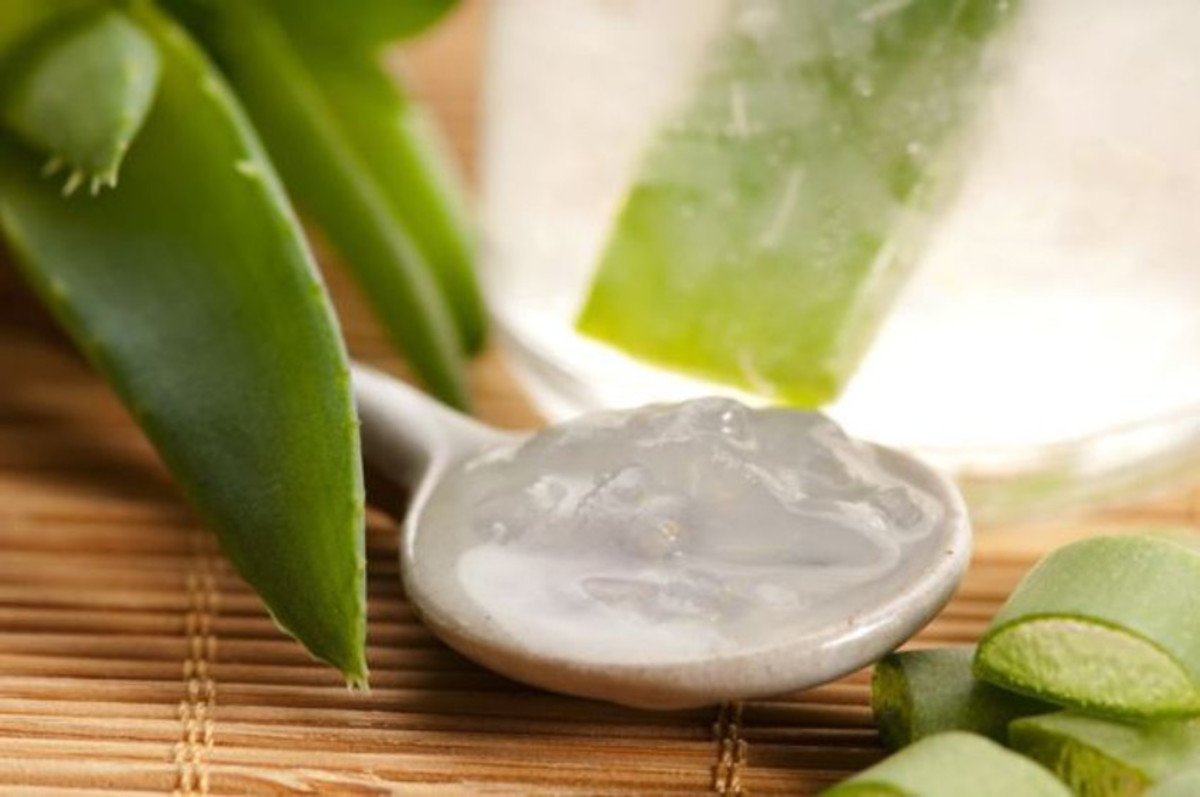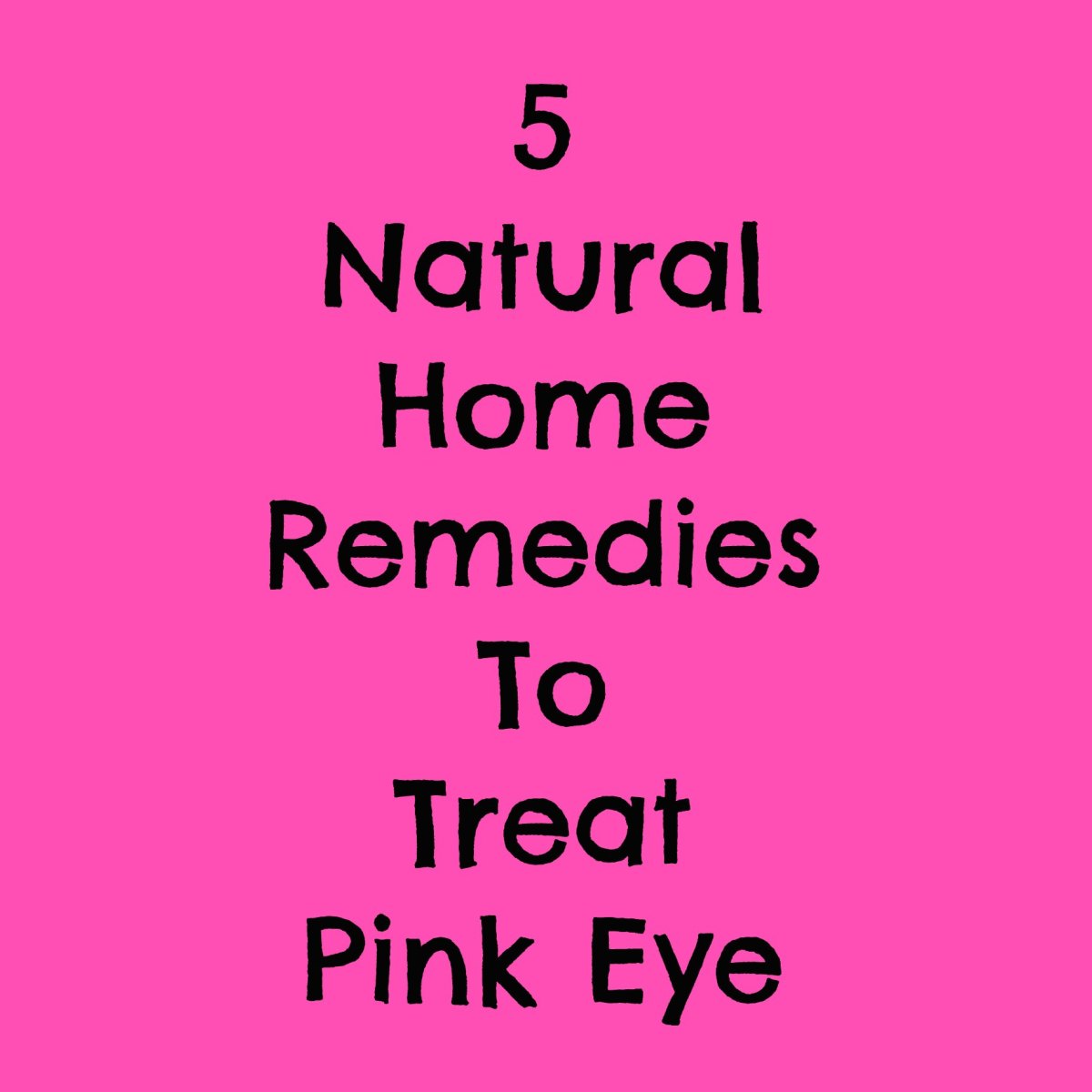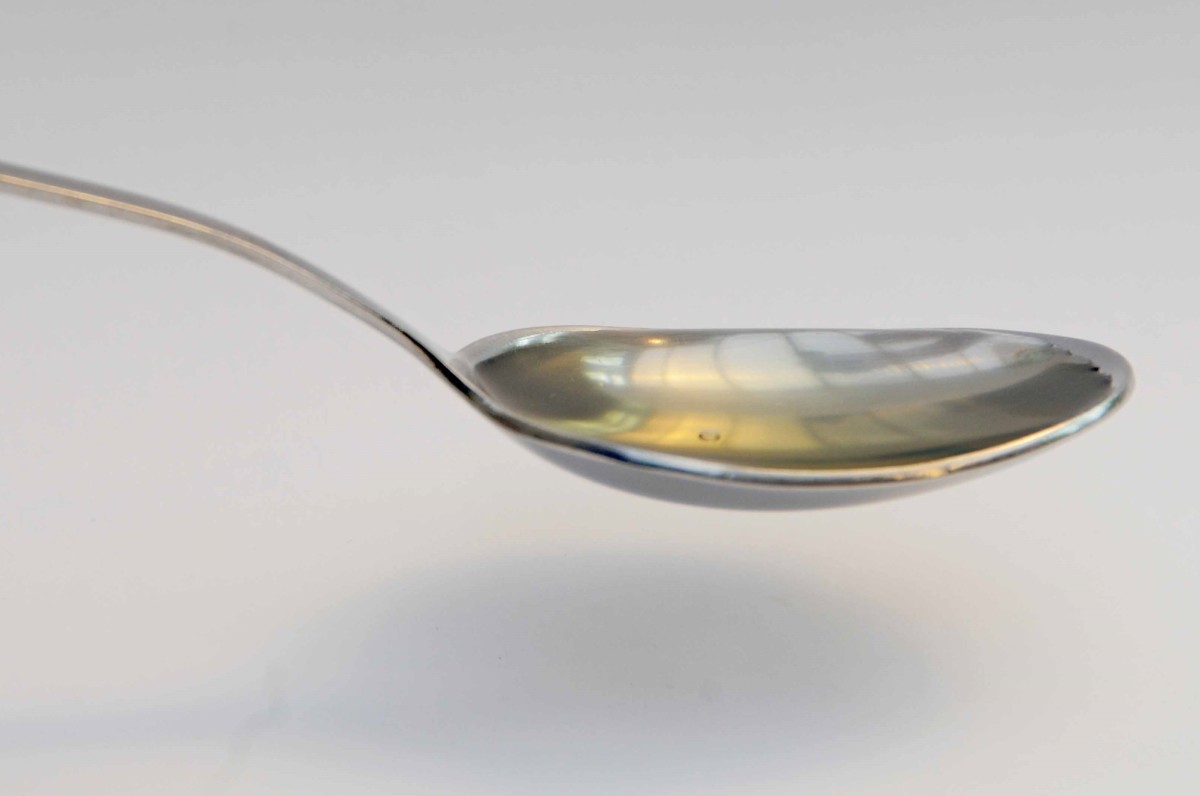Amazing Aloe Vera; Natures Gift

Drink your way to health
There is something quite remarkable about Aloe Vera that is worth sharing with people who have yet to find out the benefits.
You'd never guess that the humble Aloe Barbadensis plant has a long history of use for a variety of ailments both internal and external to the body.
Being an old sceptic, I like to try things myself before I harp on about them to others. So I've been using Aloe Vera based products for a while now and notice things are different for me. I definitely have more energy and have started running after a long long absence from exercise. My friends say I have lovely skin and I beleive that its the aloe that helps.
I have slight IBS and I don't seem to get that bloated tummy any more, so for me Aloe Vera is brilliant. It was the results of drinking aloe that made me become a distributor of aloe products and also means I get it at a reduced price!
So this lens will let you glimpse into the world that can be created with this succulent plant at its heart.
A little History
Aloe vera is a succulent that belongs to the liliaceae family (lily). It is
commonly known as Aloe, Aloe vera, Barbados Aloe, Sabila and Pita Sabila.
The word ‘aloe’ has its roots in the Arabic word ‘alloeh’, which means
‘radiance’. The earliest documented use of Aloe vera comes from Ancient
Egypt, and it can be seen on the tombs of ancient pharaohs. Apparently it was
a herbal remedy used in embalming mummies both as a superb preservative
and also as an excellent preventative agent against tuberculosis and other
respiratory complications innate to that kind of work. The earliest recorded
use for pharmalogical reasons was in ancient Sumeria about 1750BC, where
it was found to be an excellent remedy for stomach irritations and nausea. It
was also a favourite of King Solomon and Alexander the Great. The
conquerer’s doctors apparently used it whenever they found it growing wild,
mainly for battle wounds and as a system stabilizer. As per legend, it was the
miraculous healing power of Aloe Vera that prompted Alexander the Great to
conquer the island of Socotra. Cleopatra’s famed beauty is also attributed to
the natural goodness of Aloe vera.
A native plant of Somalia with a history dating back to the fourth century B.C,
Aloe vera also figures prominently in Egyptian, Chinese, Greek, Indian and
Christian literature. Whilst the Arabs have a tradition of placing it at graves as
a symbol of regeneration and resurrection, the African hunters used its gel as
a deodorant. With the recent resurgence of herbal products as a part of the
‘green movement’, Aloe vera is witnessing a new renaissance across the
world.
It has been used for a variety of ailments, and as an ointment for burns, cuts,
and rashes, as well as an ingredient in various beauty preparations.
The sap of the Aloe is a thick, mucilaginous gel. It is this gel which is used
medicinally. The outer skin has essentially no value, but because it is
commercially easier and less expensive to utilize the entire leaf, 'whole leaf'
Aloe juice has been hyped as the 'best'. This probably isn’t the case.
The Aloe plant is actually displayed on the coat of arms of the Royal College
of Veterinary Surgeons – such was the emphasis that they placed on its use
for treating sick animals.

Mahatma Gandhi said about aloe vera
You ask me what were the secret forces which sustained me during my long fasts. Well, it was my unshakable faith in God, my simple and frugal life style and the aloe, whose benefits I discovered upon my arrival in South Africa at the end of the 19 century
Properties of Aloe Vera
The various constituent elements found in Aloe vera include :
Vitamins : Beta-carotene, Vitamin B1, Vitamin B2, Folic acid, Vitamin C,
Vitamin B3, Vitamin B6,Vitamin E, Choline.
Minerals : Calcium, Magnesium, Sodium, Copper, Iron, Manganese,
Potassium, Zinc, Chromium, Chlorine.
Amino Acids : Lysine, Threonine, Valine, Methionine, Leucine, Isoleucine,
Phenylaianine, Tryptophane, Histidine, Arginine, Hydroxy Proline, Aspartic
acid, Serine, Glutamic acid, Proline, Glycerine, Alanine, Cystine and Tyrosine.
Anthraquinones : Aloin, Isobarbaloin, Barbaloin, Cinnamic acid,Emodin, Aloe
Emodin, Ester of Cinnamic acid, Anthracene, Antranol, Aloetic acid, Ethereal
oils, Resistannols and Crysophanic acid.
Mono and polysaccharides : Cellulose, Glucose, Mannose, Galactose,
Aldonentose, L-rhamnose, Uronic acid, Xylose, Glucuronic acid and
Arabinose.
Enzymes : Oxidase, Amylase, Catalase, Lipase and Alinase.

A round of applause for Aloe Vera!
10 reasons to drink aloe
1. A general tonic for good health
By drinking the Gel with all its important ingredients (often now deficient in our food) including 19 of the 20 amino acids needed by the human body, and seven of the eight essential ones that just cannot be made, the body is able to get enough to allow complex enzyme systems to work really well. This means the body can function at 100%. The net result to the individual is a wonderful feeling of wellbeing which tends to go with an improved ability to withstand and even fight illness.
2. A useful source of vitamins
Aloe Vera Gel contains a large range of vitamins - even trace elements of vitamin B12 which is rarely found in plants. Apart from vitamin A, it contains B-group vitamins, vitamin C,vitamin E and folic acid. Many of these vitamins cannot be stored by the body so we need to constantly top them up from the food that we eat. What better way than by drinking a daily amount of Aloe Vera Gel while at the same time building up the body's defence system against oxidative stress naturally?
3. A useful source of minerals (when we drink Aloe Vera)
Some of the minerals found in Aloe Vera include calcium, sodium, potassium, iron, chromium, magnesium, manganese, copper and zinc. This is because the plant tends to grow in areas where soils are rich in these minerals and its roots are able to absorb them and deliver them to us in a very available form.
4. Anti-inflammatory and pain killing effect
Among the substances that have been identified in Aloe Vera are several that are anti-inflammatory and pain killing which are very helpful for people experiencing these symptoms.
5. Antiviral activity
Within the mucilage layer of the leaf which surrounds the inner gel there is a long chain sugar or polysaccharide. This has the capability of being able to help defend us against attacks by various viruses from the simple ones causing every day illnesses to the more complex ones. This sugar has actually been extracted from Aloe Vera in the USA and made into a drug but it is actually not necessary to extract the magic bullet. Drinking the Gel is just as effective.
6. Increases the activity of fibroblasts
Fibroblasts are specialised cells found in the skin and their job is to produce fibre such as collagen and elastin. These fibres give the skin its structure and, of course, make it look plump and elastic.
This is fine from a cosmetic point of view but they are also extremely important in wound healing, as these fibres create a mesh or network over which the new skin cells advance to close the wound. The effect when we drink Aloe Vera is to stimulate them to reproduce faster and therefore, being more of them, they make more fibre. The time taken for wounds to heal under the influence of Aloe Vera can be reduced by up to a third.
7. Effect on the skin
When they are first produced deep in the epidermis skin cells are rather large and very much alive, but by the time they reach the surface after 21-28 days (in normal skin) they are a shadow of their former selves and are transformed into just thin flakes of keratin which eventually fall off. Aloe Vera Gel provides the essential nutrition to feed the basal cells and therefore the skin remains healthy and is able to perform its vital functions more efficiently - as well as looking much better!
8. Effect on gut flora
Aloe Vera is a natural balancer in many areas and nowhere more so than inside the gut where it tends to regulate the proportion of bacteria and yeasts that inhabit it. At various times in life people can develop an imbalance through a variety of causes which can lead to problems and, as with probiotics, Aloe may often help to normalise the situation.
9. Assists in healthy digestion
A healthy digestive tract ensures that nutrients from the food we eat are absorbed into the bloodstream. There is clear, clinical evidence that by drinking Aloe Vera Gel the bowel is able to absorb these nutrients more efficiently, especially protein. I also suspect that many other substances are much better absorbed under its influence.
10. Effect on the gut
Drink Aloe Vera for a wonderfully beneficial action on bowel function which results in a smooth and efficient transit of contents, often eradicating inconvenient, colicky pain.
By Dr Peter Atherton, Author Aloe Vera Myth or Medicine?
Try some Today!!! - You know it makes sense
Why not try some aloe vera today. If you are in the UK you can get it from my on line shop .
So what are you waiting for? Your body will be so happy with you.
- The Eco Supermarket
My online health and well being shop has a whole range of products to help you live a toxic free lifestyle.

